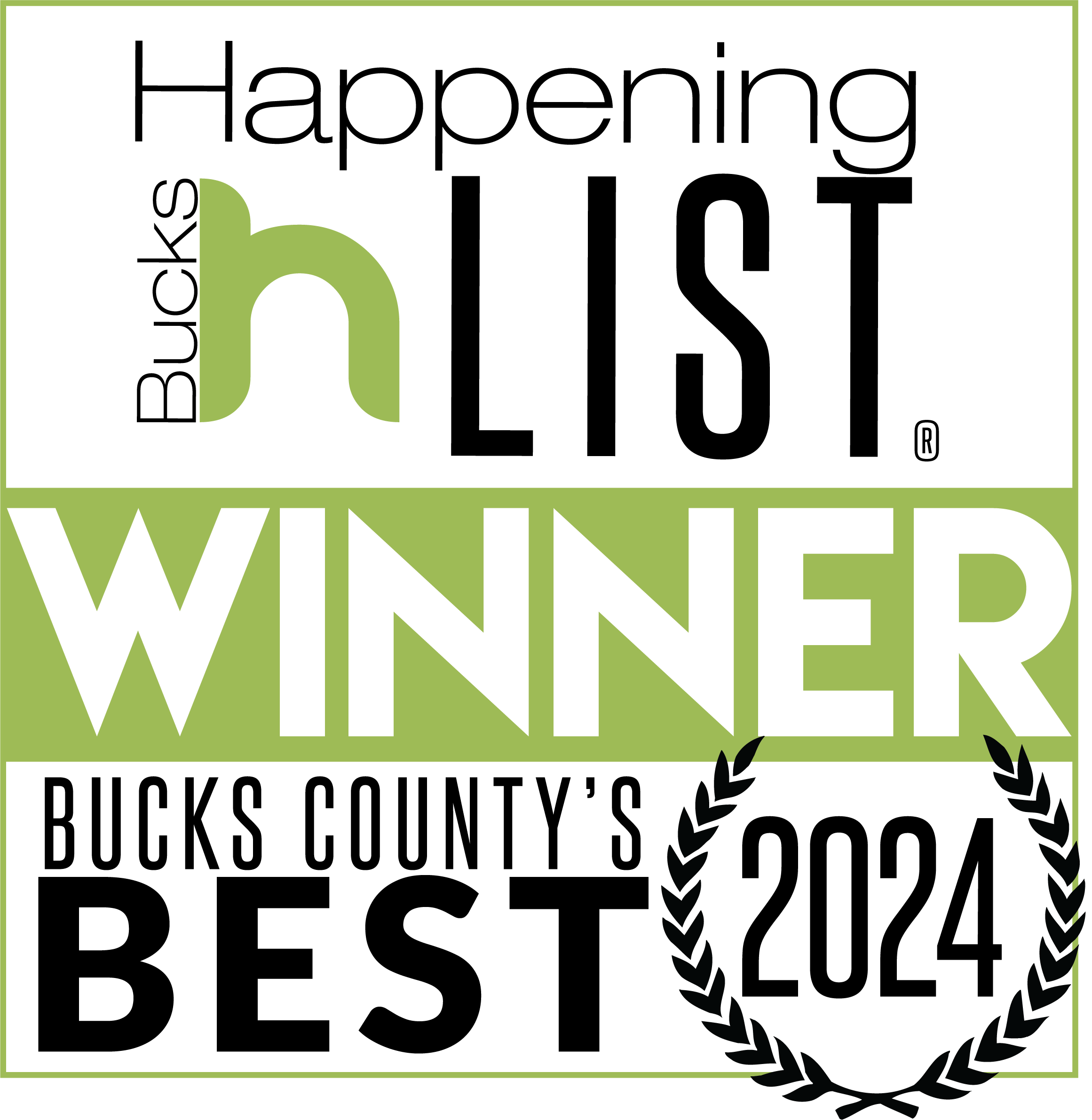Congratulations! You made it through the tumultuous roller coaster ride of house hunting, found a home you love, and conquered the closing. By now you might feel like you’ve completed a marathon, but don’t kick off your shoes yet. There are a few things to do after closing on a home before you settle in completely.
1. Change Your Locks
As soon as you get the keys to your new home, it’s time to swap them out for a new set. Call a locksmith to change or rekey all the locks. You don’t know who had keys to your property before you bought it, so play it safe.
2. Apply For Homestead Exemption
Neglecting to apply for homestead exemption means you miss the opportunity to drastically reduce your property tax bill. A homestead exemption reduces your home’s taxable value, it does not decrease the value of your home. How much of a tax break you get depends on where you live, but most states offer homestead exemption tax savings.
3. Stay Alert To Scams
These days, it seems like there’s some sort of new scam everywhere you turn. Somebody is always trying to send a phony email or make a shady phone call claiming to be someone they aren’t. These unscrupulous characters will do anything to separate you from your hard-earned dollars.
New homeowners are a specific and appealing target for many scam artists. Be alert for any calls or correspondence claiming to need recording fees for your deed, application fees for closing documents, and other false requests.
4. Update Your Driver’s License
Check your state’s guidelines for how long you have to change your address on your driver’s license. Don’t wait until the last minute. Research ahead of time so you have any necessary documents to make the change.
5. Change Your Address
In addition to changing your address on your license, don’t forget to do so for everything else. Update your address for things like your car insurance, banking, credit cards, subscriptions, family and friends, etc.
As you’re working through this process, fill out a change of address/forwarding form through the post office. This extra step helps catch any mail that continues to go to your old residence.
6. Meet Your Neighbors
You don’t have to show up on all of your neighbors’ porches with a homemade pie or casserole. But it is a good idea to introduce yourself and make a good first impression.
When you and your neighbors are on friendly terms it makes things so much nicer and easier. Plus, neighbors who are friendly toward each other tend to look out for each other.
7. Check Your New House’s Safety Systems
Test the smoke detectors, carbon monoxide detectors, security alarms, and any other safety systems in the home. Replace batteries, change over any necessary billing, set new codes with the alarm monitoring company, and ask about running a test on the systems.
8. File Away Your House Papers
When you buy a home, it comes with a lot of paperwork. You have the title, insurance papers, closing documents, warranties, inspection reports, and so on. Put all your house papers into a dedicated file and keep it with your other important papers. Do the same on your computer for digital documents so you can easily find what you need when you need it.
9. Line Up Home Service Professionals
If you’ve moved to a new city or state, it’s time to update your contacts with local service professionals. Start gathering recommendations for electricians, plumbers, HVAC specialists, handymen, landscapers, etc. You don’t want to wait until there’s a problem to try and find the right person to call.
10. Clean And Paint Before You Start Unpacking
Before unpacking boxes and bins, take advantage of the empty rooms to paint and clean your house. It’s so much easier to do when you don’t have to maneuver around a bunch of furniture and clutter.
It also means less time prepping before you paint since you don’t have to worry about covering or moving items out of the way. If you must unpack a few things, choose which rooms can act as temporary storage while you work in the rest of the home.
Just starting the home-buying process? Find an agent here: https://cbhre.com/directory
Check out our other “Tips & Tricks” blogs here: https://cbhre.com/category/tipstricks

 Facebook
Facebook
 X
X
 Pinterest
Pinterest
 Copy Link
Copy Link






